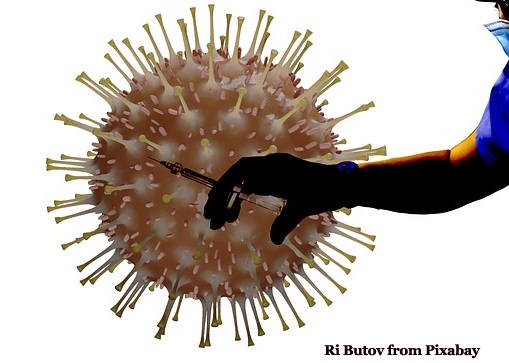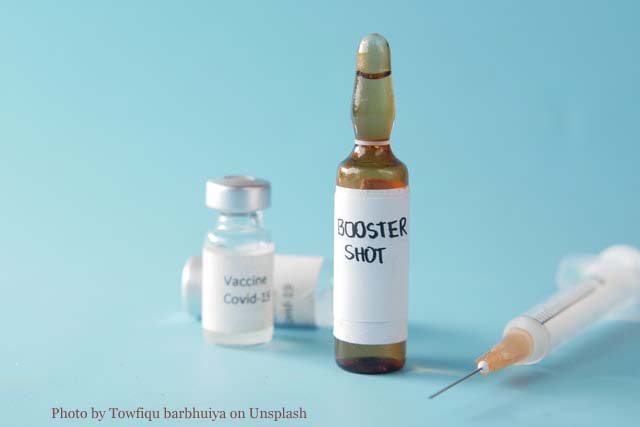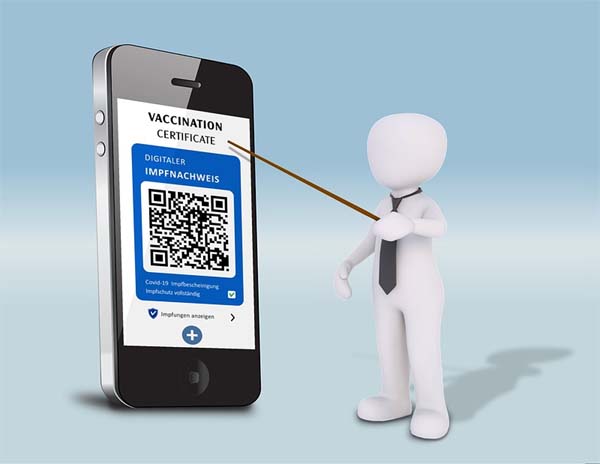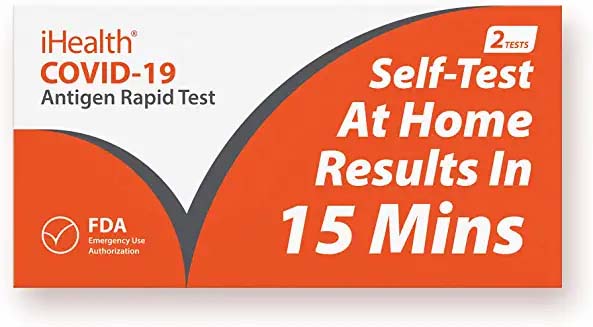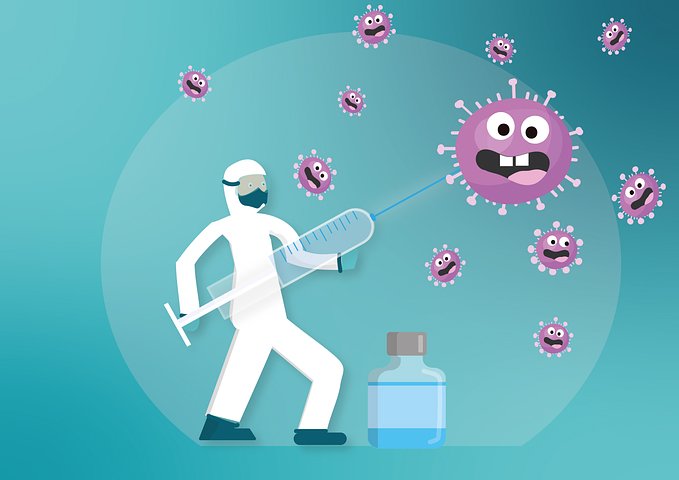AVOID LONG COVID
Avoid long COVID and its persistent symptoms? Is it even possible to do that when there are so many uncertainties surrounding what we call long COVID? The fact is that it is still unclear why (as of September 2022) it happens, how common it is, and how to treat it.
AVAILABLE DATA ON
VACCINATION PREVENTION
HAS BEEN INCONSISTENT
There has been some ambiguity about whether vaccination could prevent long COVID because the early data was inconsistent. Up until now, different studies of long COVID used different methodologies. Comparing the studies was akin to comparing apples to oranges. For example, the US Centers for Disease Control and Prevention defined long COVID as symptoms that persist for four weeks after infection, but The World Health Organization used three months after the onset of infection for its definition.
Obviously, depending on which definition is used, the estimates can be very different for how common long COVID can be. To further complicate this problem, the risk of long COVID is also going to differ depending on whether those considered were hospitalized for severe infections or those with only mild infections or a combination of the two.
RESULTS OF RECENT RESEARCH
ON EFFECT OF VACCINES IN
REDUCING THE RISK
OF LONG COVID
In Milan, Italy, recent data from researchers has provided some useful information on the effect of vaccines in reducing the risk of long COVID. The researchers analyzed health-care workers from nine medical centers in Milan and compared the COVID recovery of vaccinated and unvaccinated employees. Since workers were being screened for COVID every one to two weeks, all cases would have been picked up. Overestimating the risk of long COVID was avoided by limiting the analyses to non-hospitalized COVID patients, guarding against mixing together milder and more severe cases.
Not surprisingly, the results showed that the patients more likely to have persistent symptoms one month after infection were those who were older or those who had pre-existing medical conditions. (But lower risk does not mean zero risk, and many younger patients experience persistent symptoms as well.)
The risk of long COVID did not differ significantly by wave of the pandemic. The notion that the newer variants are less likely to cause severe disease does not appear to be the case. While the vaccines are less protective against Omicron than they were against the Delta variant, three doses of the vaccine still reduced the odds of infection by 76 percent.
The results showed that the vaccination status of an individual made the largest difference in whether they acquired long COVID. Two or three doses reduced the odds of developing long COVID by 75 and 85 per cent respectively. (A single dose did not.)
Researchers had assumed that vaccination would reduce the risk of long COVID and they appear to have been correct. Vaccination not only helps to prevent infection, but it also can reduce the severity of the disease.
THE GOAL OF MEDICINE
The goal of medicine is not to just save lives but also to reduce the burden of disease and prevent disability. Vaccines are produced to accomplish that goal. When an anti-vaxxer tries to make a convincing argument for not getting vaccinated against COVID-19, he or she may say that the mortality rate from this disease is so low that vaccination does not matter.
However, there are solid facts out there to dispute this claim. There have been more than 6 million officially reported COVID deaths worldwide, and estimates suggest that the vaccination campaign saved anywhere from 14 million to 20 million lives. More importantly, the argument of a low mortality is flawed for the very reason that it ignores the goal of medicine to not only save lives but also to reduce the burden of disease and prevent disability. Vaccines can accomplish that goal.
People tend to become complacent and think COVID-19 is no worse than a cold. Even though an individual’s risk of death or a serious complication is relatively low, small risks add up when applied to an entire population. Even non-fatal heart attacks and strokes put a significant strain on the health care system, use up resources, and can leave people with long-term disability. These significant population risks should not be casually dismissed.
LONG COVID CARDIAC COMPLICATIONS vs
POST-VACCINE MYOCARDITIS
It seems that the cardiac complications of COVID-19 have been underestimated since many people fixate instead on the issue of post-vaccine myocarditis. What has been misunderstood is that post-infection cardiac damage from COVID-19 is orders of magnitude more common than post-vaccine myocarditis.
The incidence of post-vaccine myocarditis is actually extremely rare, generally mild, short-lived, and seems to have been largely confined to the young adult men group. It is also possible that this complication was the result of the shorter vaccine interval that was used during the initial vaccination. In addition, there has been no risk of excess myocarditis in pediatric trials.
VACCINATION FOR COVID-19 SHOWN LIKELY TO BE
PROTECTIVE IN TERMS OF
HEART ATTACK AND STROKE
Researchers in Korea used the country’s national patient registry to analyze data on over 200,000 patients who caught COVID from July 2020 to December 2021.
The results of their research showed that vaccination reduced the risk of hospitalization with a heart attack or stroke by half in the vaccination group compared to the unvaccinated group.
This was consistent across multiple subgroups of both men and women, young and old, and those who did and didn’t have other pre-existing medical problems.
SUMMARY
As updated scientific data is received, scientists are forced to revise their assumptions and conclusions and find new solutions. As new variants of COVID-19 appear, the efficacy of the current vaccines may change but scientific research will make available new vaccines/boosters to combat this disease.
Current data about the side-effects of COVID infections leading to long COVID show us that vaccines make suffering a heart attack or stroke post infection less likely. Rather than be concerned about the side-effects of vaccination, people should be more worried about the side-effects of COVID infections. Damage to the heart and the rest of the vascular system from the virus is the much greater damage.
There are no simple answers to the many aspects of long COVID. Neither is there a clear diagnostic test or treatment. Even though symptoms improve with time, it is very hard at this time to predict who will improve and how long it will take. As time goes on, however, scientists will become more familiar with how the disease affects us and how to handle prevention and treatment with updated vaccines and new drugs.
The one thing we can say with slightly more certainty at this point is that vaccination seems to reduce the risk of persistent symptoms. Of course, the best way to avoid long COVID is to not get COVID in the first place. Vaccines can help with that as well as being reasonably careful and heeding the latest scientific recommendations.
Information for this article was used by permission from the McGill University Office for Science and Society.
"The Cleanest Clean You've Ever Seen."
by
ABC Oriental Rug & Carpet Cleaning Co.
130 Cecil Malone Drive Ithaca, NY 14850
607-272-1566





